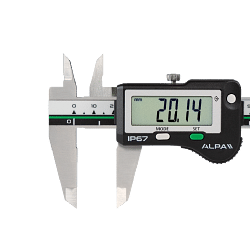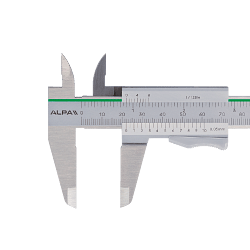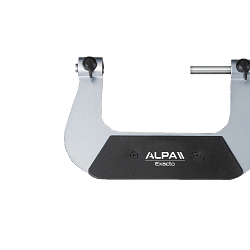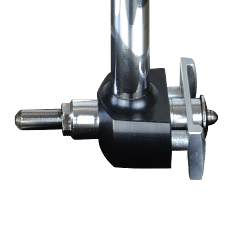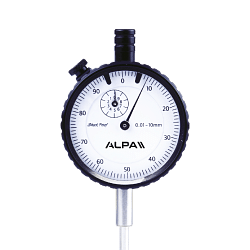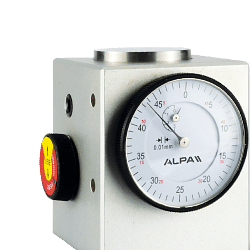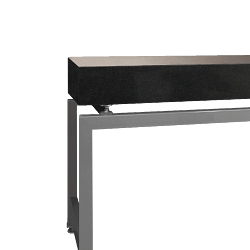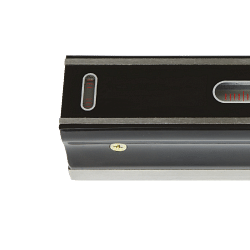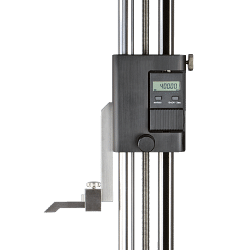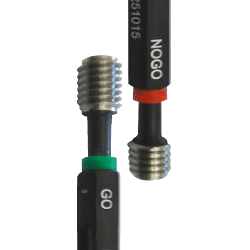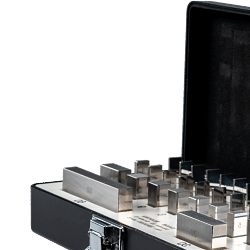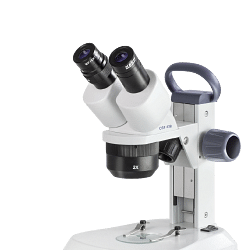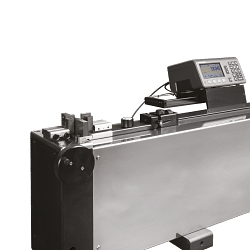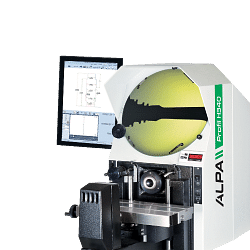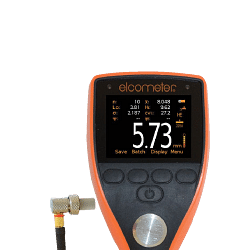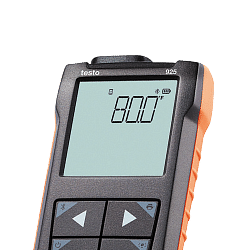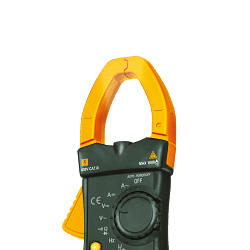Register and use the discount code NEWWELCOME to get 10% off on your first purchase. GET DISCOUNT.
Register and use the discount code NEWWELCOME to get 10% off on your first purchase. GET DISCOUNT.
Register and use the discount code NEWWELCOME to get 10% off on your first purchase. GET DISCOUNT.
Free shipping in 24h from 200€
Catalogues
Customer service
How can we help you?
- Faq
- Customer service
02.927371
- Supporting big orders
02.38298620
-
info@linkindustrialtools.it
- Request assistance with form
Or contact us with the chat in the lower right corner
- All products
 Integral cutting tools
Integral cutting tools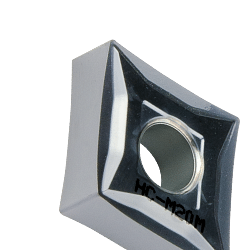 Turning tools
Turning tools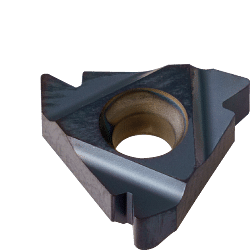 Thread tools
Thread tools Thread tools
Thread tools- All products
- Thread inserts
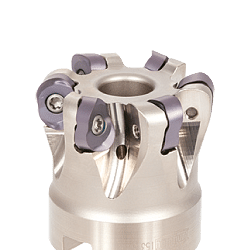 Milling cutters
Milling cutters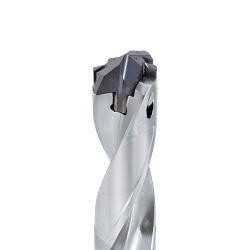 Drilling tools
Drilling tools Drilling tools
Drilling tools- All products
- Indexable drill bits
- Indexable drill heads
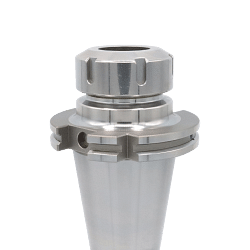 Clamping systems
Clamping systems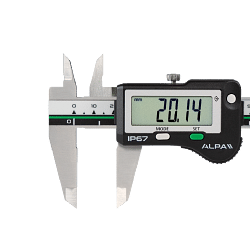 Measuring and precision tools
Measuring and precision tools Measuring and precision tools
Measuring and precision tools- All products
- Digital calipers with readings to 0.01
- Analogue calipers
- Digital micrometers
- Analogue micrometers
- Bore gauges
- Snap gauges
- Digital gauges
- Analogue gauges
- Touch probes
- Zero setters and edge finders
- Inspection plates
- Altimeters
- Height gauges
- Squares and levels
- Threaded rings
- Gauge blocks
- Calibrated tapes and thickness gauges
- Digital and analogue hardness testers
- Roughness testers
- Microscopes, lenses and visors
- Digital thermo-hygrometer to measure moisture
- Reset benches
- Optical profile projector
- Professional, digital dynamometers
- Laboratory scales
- Digital amperometric pliers
- Thickness and adhesion gauges
 Hand tools
Hand tools Hand tools
Hand tools- All products
- Combination wrenches
- Spanners
- Hook wrenches
- Tubular wrenches
- Hexagon keys
- Torx wrench
- Socket wrenches
- Screwdrivers
- Torque wrenches
- Torque screwdriver
- Inserts and bits for screw drivers
- Tool trolleys
- Workshop pliers
- Wire strippers
- Cable strippers
- Cutting nippers
- Professional scissors
- Nippers
- Professional shears
- American or Swedish pipe wrench
- Adjustable wrench
- Pipe tools
- Pipe cutter for plumber
- Cutter
- Hacksaws
- Deburring tools
- Chisels
- Hammers and mallets
- Mechanical and conical pullers
- Clamps
- Tap wrenches and die stocks
- Riveters
- Flexometers
- Tape measures
- Markers
- Flat squares and rulers
- Professional dividers
- Professional protractors
- Brushes
- Lubricators and spray nozzles
- T-wrenches
- Reversible ratchets
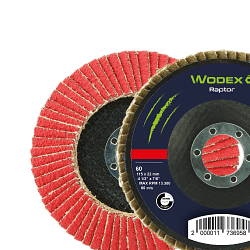 Abrasives
Abrasives Abrasives
Abrasives- All products
- Cutting discs
- Deburring grinding wheel
- Flap discs
- Fabric discs for surface treatment
- Abrasive fibre discs with Velcro
- Abrasive cloth in rolls, sheets and bands
- Flap wheels with pin and abrasive wheel with hole
- Abrasive wheels for buffing machines
- Abrasive spiral bands
- Abrasive brushes
- Flexible sanders
- Mounted grinding discs
- Polishing felt
- Solid carbide rotary cutters
- HSS rotary cutters
- Abrasive wheels for sharpening and grinding
- Diamond grinding wheels
- Grinding stone
- Diamond paste
- Abrasive stones
- Files and rasps
- Diamond files
- Grinders and polishing equipment
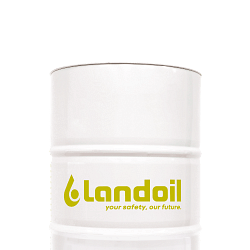 Lubricants for machine tools
Lubricants for machine tools Lubricants for machine tools
Lubricants for machine tools- All products
- Water-miscible coolants
- Neat cutting oil
- Minimal lubrication systems
- Oil for guides and slides
- Drums of hydraulic oil fluid
- Anti-freeze for machine tools
- Air coolers
- Oil separator
- Powders and absorbents for oil
- Aspirators for oil mist
- Accessories for cooling lubricants
- Metal and mould protectors
- Grease and paste
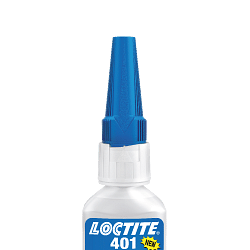 Chemical, adhesives and sealants
Chemical, adhesives and sealants Chemical, adhesives and sealants
Chemical, adhesives and sealants- All products
- Acrylic, cyanoacrylate and epoxy adhesives
- Guns and silicon sealant
- Threadlocker
- Sealants and retainers
- Release agents, lubricants and anti-seize
- Zinc spray and polishes
- Lubrication accessories
- Protections for maintenance
- Industrial Cleansing
- Handwash
- Industrial cloths and rags
- Welding machines
- Electrodes
- Clamps, shields and welding masks
- Antispatter
 Safety equipment
Safety equipment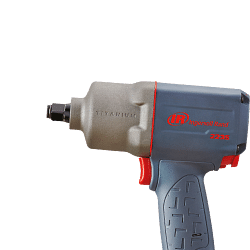 Pneumatics
Pneumatics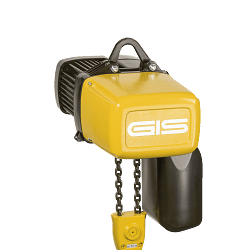 Lifting systems
Lifting systems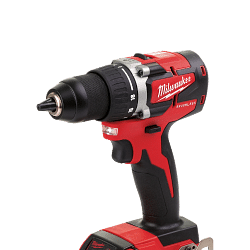 Workshop equipment
Workshop equipment Workshop equipment
Workshop equipment- All products
- Column and bench drills
- Accessories for lathes
- Band saws
- Cut-off machines
- Bench grinders
- Power tools
- Spare parts and accessories for Power Tools
- Saws and hole cutters: wood, metal and plasterboard
- Tapered cutters for sheet metal
- Industrial aspirators
- Fume aspirators
- Bench vices
- Technical lamps
- LED torches
- Industrial cable winders
- Trolley wheels
- Quick clamps
- Threaded inserts
- Control knobs
- Packaging accessories and material
- Belt sanders
- Electric tapping machines
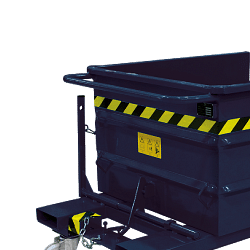 Furnishings and storage
Furnishings and storage Furnishings and storage
Furnishings and storage- All products
- Work benches
- Swivel chairs for office use
- Drawer units for workshops
- Industrial cabinets for warehouses and workshops
- Tool cabinets
- Security cabinets
- Changing room cabinets
- Containers for small metal parts
- Scrap holders
- Workshop trolleys
- Spill pallets for drum storage
- Shelves for warehouses and offices
- Cantilever shelving
- Aluminium ladders
- Modular plinths
- Units and cabinets for waste recycling
 Brand
BrandPromotions
 Bestseller
Bestseller- Catalogues
-
Catalogues
Customer service
How can we help you?
- Faq
- Customer service
02.927371
- Supporting big orders
02.38298620
-
info@linkindustrialtools.it
- Request assistance with form
Or contact us with the chat in the lower right corner
< Measuring and precision tools
- Home
- Measuring and precision tools
- Gauge blocks
Gauge blocks
Measuring blocks are a fundamental element in the machine shop landscape, a component that, although it may seem simple, plays a crucial role in the precision and efficiency of machining operations. These tools, often underestimated, are essential in ensuring that measuring and alignment operations are carried out with the utmost accuracy, thus contributing to the overall quality of finished products.
The importance of gauge blocks in machine shops
In the context of machine shops, accuracy is a non-negotiable. Calibration blocks, also known as gauge blocks, are used to calibrate measuring instruments and to check the accuracy of machine tools. These blocks are made of high-quality materials, such as hardened steel or ceramic, to ensure long life and wear resistance. Their surface is machined with extreme precision to achieve optimal flatness and surface finish.
How striker blocks are used
The use of gauge blocks requires a certain amount of technical expertise. They are mainly used for calibrating measuring instruments such as micrometers, gauges and dial gauges. To use a gauge block, it is necessary to place it between the measuring surfaces of the instrument and verify that the reading corresponds to the nominal size of the block. This process ensures that the measuring instrument is accurate and reliable.
Advantages of using gauge blocks
The adoption of gauge blocks in machine shops offers several advantages. First of all, they ensure accurate calibration of measuring instruments, reducing the margin of error in machining. They also help to prolong the life of the instruments, as regular calibration prevents excessive wear. Finally, the use of gauging blocks improves the quality of finished products, as it ensures that dimensions and tolerances are precisely adhered to.
Advanced materials and technologies in gauge blocks
In recent years, the industry has witnessed a significant evolution in the materials and technologies used for the production of striker blocks. In addition to hardened steel, ceramic has become a popular material due to its corrosion resistance and dimensional stability. In addition, the use of advanced technologies such as laser machining and precision grinding has made it possible to obtain blocks with extremely tight tolerances, further improving measurement accuracy.
Frequently asked questions about gauge blocks
One of the most common questions concerns how often the gauge blocks need to be calibrated. The answer depends on the intensity of use and environmental conditions, but in general, it is recommended to calibrate at least once a year. Another frequently asked question concerns the choice of material: steel or ceramic? The choice depends on the specific needs of the workshop, but ceramic is often preferred for applications requiring greater corrosion resistance.
Conclusions
In summary, gauge blocks are indispensable tools for machine shops that strive for precision and efficiency. Their ability to ensure accurate measurements and improve the quality of finished products makes them a valuable investment for any company in the industry. As materials and technologies evolve, gauge blocks will continue to play a key role in the future of machining, helping to push the boundaries of precision and innovation.
Read More Read LessThe importance of gauge blocks in machine shops
In the context of machine shops, accuracy is a non-negotiable. Calibration blocks, also known as gauge blocks, are used to calibrate measuring instruments and to check the accuracy of machine tools. These blocks are made of high-quality materials, such as hardened steel or ceramic, to ensure long life and wear resistance. Their surface is machined with extreme precision to achieve optimal flatness and surface finish.
How striker blocks are used
The use of gauge blocks requires a certain amount of technical expertise. They are mainly used for calibrating measuring instruments such as micrometers, gauges and dial gauges. To use a gauge block, it is necessary to place it between the measuring surfaces of the instrument and verify that the reading corresponds to the nominal size of the block. This process ensures that the measuring instrument is accurate and reliable.
Advantages of using gauge blocks
The adoption of gauge blocks in machine shops offers several advantages. First of all, they ensure accurate calibration of measuring instruments, reducing the margin of error in machining. They also help to prolong the life of the instruments, as regular calibration prevents excessive wear. Finally, the use of gauging blocks improves the quality of finished products, as it ensures that dimensions and tolerances are precisely adhered to.
Advanced materials and technologies in gauge blocks
In recent years, the industry has witnessed a significant evolution in the materials and technologies used for the production of striker blocks. In addition to hardened steel, ceramic has become a popular material due to its corrosion resistance and dimensional stability. In addition, the use of advanced technologies such as laser machining and precision grinding has made it possible to obtain blocks with extremely tight tolerances, further improving measurement accuracy.
Frequently asked questions about gauge blocks
One of the most common questions concerns how often the gauge blocks need to be calibrated. The answer depends on the intensity of use and environmental conditions, but in general, it is recommended to calibrate at least once a year. Another frequently asked question concerns the choice of material: steel or ceramic? The choice depends on the specific needs of the workshop, but ceramic is often preferred for applications requiring greater corrosion resistance.
Conclusions
In summary, gauge blocks are indispensable tools for machine shops that strive for precision and efficiency. Their ability to ensure accurate measurements and improve the quality of finished products makes them a valuable investment for any company in the industry. As materials and technologies evolve, gauge blocks will continue to play a key role in the future of machining, helping to push the boundaries of precision and innovation.


